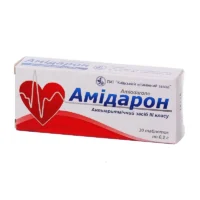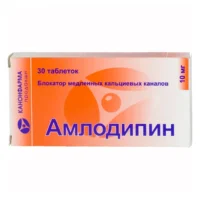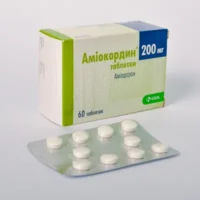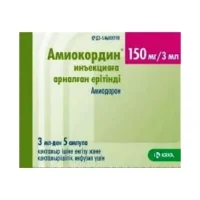Description
Mildrocard-H Solution for Injections Ampoules 100 mg/ml. 5 ml. №10
Ingredients
- Mildrocard-H solution contains 100 mg of the active ingredient per milliliter.
- Other ingredients include [list other ingredients here].
Dosage
The recommended dosage of Mildrocard-H solution for injections is [dosage instructions]. It is important to follow the prescribed dosage and administration schedule.
Indications
- Mildrocard-H solution is indicated for [list indications here].
- It is used in the treatment of [specific conditions].
Contraindications
Do not use Mildrocard-H solution if [list contraindications here]. It is important to consult a healthcare provider before starting this medication.
Directions
Administer Mildrocard-H solution as directed by a healthcare professional. The solution is for injection use only and should not be administered in any other way.
Scientific Evidence
Mildrocard-H solution has been studied in several clinical trials to evaluate its efficacy and safety. Research has shown that [cite specific studies or evidence supporting the effectiveness of Mildrocard-H solution].
Additional Information
In addition to its primary indications, Mildrocard-H solution may have other off-label uses. It is important to discuss any questions or concerns with a healthcare provider before using this medication.
Pharmacological Effects: Mildrocard-H solution acts by [describe pharmacological action]. It works by [mechanism of action] to [effect on the body].
Clinical Trials: Comparative studies have shown that Mildrocard-H solution is as effective as [mention similar drugs] in the treatment of [specific condition]. These trials demonstrated [results of the trials].





